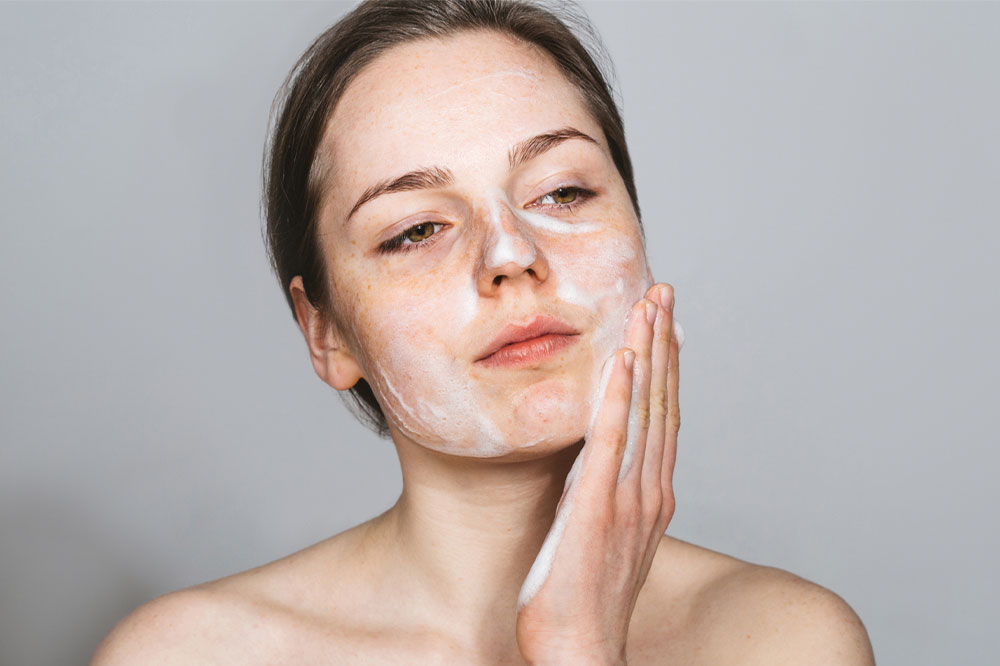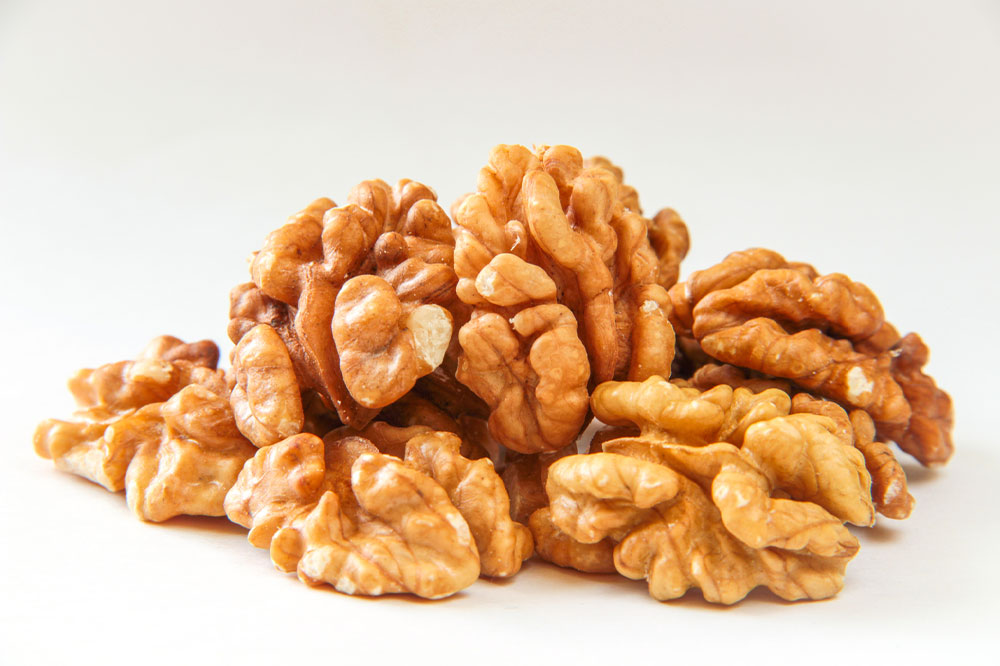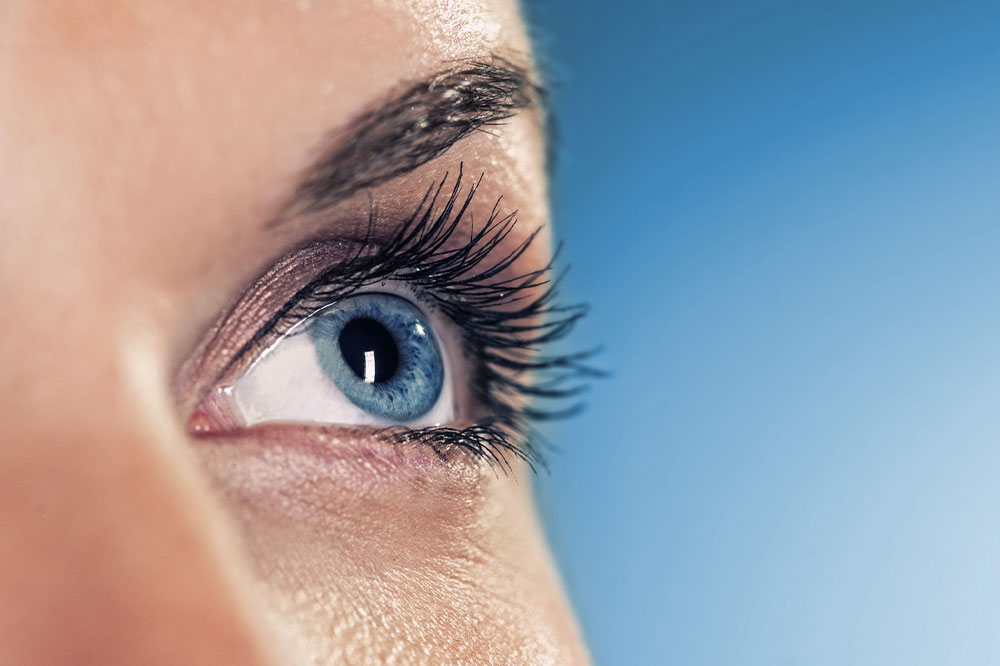
5 alarming signs of high blood sugar
Due to the pandemic, there has been a surge in diabetes cases around the world. This rise has been exacerbated by low-grade inflammation caused due to viral infections, which impact insulin resistance. According to research, these viruses can replicate within pancreatic beta-cells, where insulin is produced. This further affects the synthesis and secretion process of the hormone. This sudden increase has made it more critical to recognize the five alarming signs of high blood sugar. Excessive thirst Also known as polydipsia, excessive thirst is a common sign of high blood sugar caused by dehydration resulting from frequent urination. Patients with high blood sugar levels might constantly battle the urge to drink fluids to quench their insatiable thirst. Increased hunger People with high blood sugar are also prone to increased hunger as a sign of their condition. Polyphagia causes the body’s cells to miss out on receiving sufficient energy from glucose. In order to cope with it, the body breaks down stored fat and muscle tissue, which might cause unintentional loss of body mass. Frequent urination Polyuria is also one of the common signs of high blood sugar. The kidney’s primary function is to eliminate excessive sugar in the body. The urge to empty the bladder is more frequent at night, known as nocturia.
Read More 










